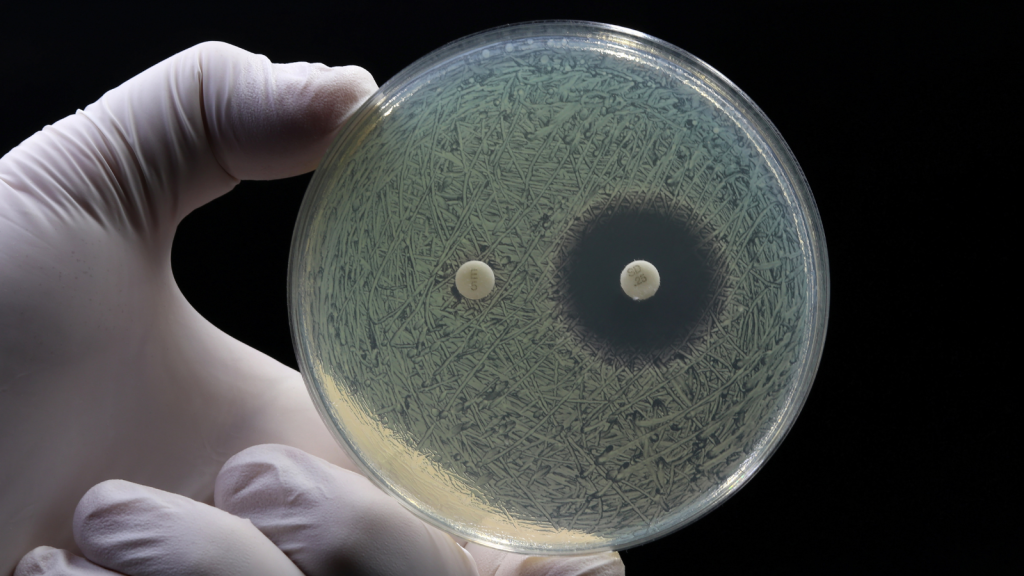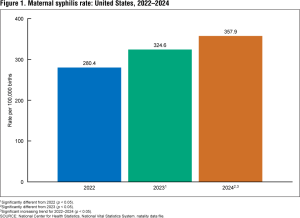A new study published in the New England Journal of Medicine is raising concerns that doxy PEP, a strategy of taking medication to prevent sexually transmitted infections (STIs), might already be contributing to the rise of antibiotic-resistant bacteria.
While this is something public health experts worried about when doxy PEP was first recommended by the Centers for Disease Control and Prevention (CDC) in 2024, no one is advising people to stop using it. Most experts still believe doxy Pep is a valuable tool for STI prevention.
What is Doxy PEP?
Doxy PEP (doxycycline post-exposure prophylaxis) is an STI prevention strategy that involves taking a dose of the antibiotic doxycycline after having condomless oral or anal sex. In men who have sex with men and transgender women who have sex with men, doxy PEP has been shown to reduce syphilis and chlamydia by about 80% and gonorrhea by about 50%.
So far studies have not found doxy PEP to be effective for cisgender women who have vaginal sex.
Doxy PEP is intended for adult men who have sex with men and transgender women who have sex with men—especially those who have had an STI in the last year. Health care providers may also suggest it to people in this community who have more than one partner.
The Growing Threat of Antibiotic Resistance
The bacteria that cause infections are constantly evolving. Over time, some develop the ability to fight off antibiotics that used to work against them. This is called antibiotic resistance. When a bacterium develops antibiotic resistance, fewer antibiotics are effective against it. Drug-resistant versions of bacteria can be passed from person to person and cause infections that are harder to treat.
The bacterium that causes gonorrhea—Neisseria gonorrhoeae—is very good at resisting the drugs we’ve developed to treat it. As early as the 1940s, Neisseria gonorrhoeae was resistant to sulfanilamides. By the 1980s it was resistant to penicillins and tetracyclines. In 2007, the CDC stopped recommending fluoroquinolones, leaving only cephalosporins as effective treatment against this common STI. Experts believe this existing resistance might explain why doxy PEP is less effective in preventing gonorrhea than it is in preventing chlamydia and gonorrhea. (Doxycycline is a tetracycline.)
Overuse of antibiotics both in health care and in our food supply has contributed to the development of antibiotic resistance. Some scientists were concerned from the beginning that using antibiotics to prevent a possible infection rather than to treat an active infection could increase the spread drug-resistant bacteria.
New Studies and the Impact of Doxy PEP
Researchers at Harvard’s T.H. Chan School of Public Health studied more than 14,000 genetic sequences from samples of Neisseria gonorrhoeae that had been collected from patients across the country between 2018 and 2024. The sequence data were generated by the CDC’s Gonorrhea Surveillance System. The researchers were looking for a specific gene, called tetM, which is known to help bacteria avoid the effects of tetracycline.
This gene was found on fewer than 10% of genetic sequences collected in 2018. In comparison, it was found on more than 30% of sequences collected in 2024. The sharpest increase was in the Pacific Northwest. The researchers said that multiple factors could be behind the increase in drug-resistant gonorrhea but agreed that doxy PEP was likely contributing to it.
A second study in the Pacific Northwest confirmed that theory. Researchers at the University of Washington in Seattle examined antibiotic resistance in Neisseria gonorrhoeae using surveillance data from King County as well as data from patients at sexual health clinic in the area. The study included 2,312 men who had sex with men (MSM) who had tested positive for gonorrhea. Between 2017 and the beginning of 2023, about 27% of gonorrhea cases showed signs of resistance to tetracycline. By the middle of 2024, however, 70% of gonorrhea cases showed signed this resistance.
The researchers then looked at doxy PEP use. They found that ever having used doxy PEP was not associated with having an antibiotic-resistant gonorrhea infection but taking three or more doses of doxy PEP per month was. Researchers also looked at the other bacteria in patients’ throats (these were naturally occurring bacteria that were not causing infections). They found that doxy PEP users were also more likely to have antibiotic resistant staph and strep bacteria in their throats than non-users.
More Research Needed
No one is suggestion that we abandon this new prevention strategy. Public health experts still support the use of doxy PEP for people with a higher change of exposure to STIs. But they do say we need to watch this closely.
As Dr. Barbara Van Der Pol from the University of Alabama at Birmingham told ASHA, “It’s too soon to suggest anyone stop taking doxy PEP.” She said the real takeaway from this study is that “… our public health agencies must continue to receive funding/support for the critical work of infectious diseases surveillance.”








